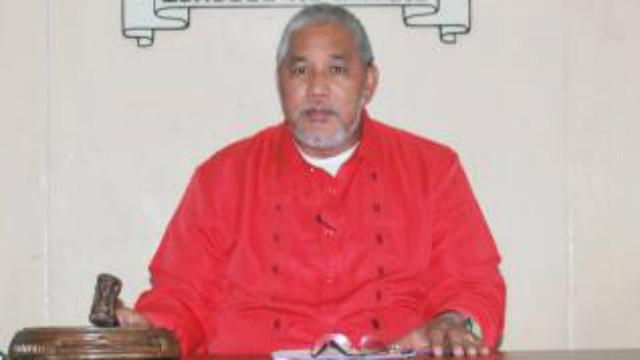BAGUIO CITY – The City Council approved on first reading a proposed ordinance granting additional incentives or financial assistance to the separated co-terminus and casual employees who have rendered more than three years of government service in the offices of the elected officials of the local government.
The ordinance authored by Councilor Faustino A. Olowan stated that it shall be the policy of the local government to provide to the separated co-terminus and casual employees who have rendered more than three years of government service in the offices of the elected officials of the city an additional incentive or financial assistance which they could use as capital in putting up a business or livelihood project and such is in recognition of their unselfish contribution and dedicated service to the city.
Upon separation from the service of the co-terminus and casual employees in the local government due to the termination of the term of office or untimely death of the city official that appointed them and when they are not reappointed to the same or to another office, the ordinance stipulated that the concerned employees shall be extended an additional incentive or financial assistance in the amount of P5,000 per year of service as a co-terminus or casual employee.
The ordinance added that the additional incentive or financial assistance shall be released to the concerned employees only upon the certification from the City Human Resource Management Office (CHRMO) that the said employee is no longer employed in the government service one month after separation from service and is ready to start with their identified business or livelihood project.
Should the employee granted with the incentive or assistance seek to return to the government service on a co-terminus, casual or permanent status two to three months after his or her separation from service, the ordinance pointed out that the granted amount shall be returned by the concerned employee to the coffers of the local government through the City Treasury Office prior to re-employment in service.
The ordinance explained that among the valuable human resources of the local government are the co-terminus and casual employees under the offices of the elected officials and their tenure in office often ends with the termination of the terms of office of the city official who appointed them and that their appointments are usually not renewed by the new sets of city officials or new management because they too have preferred individuals to be appointed as their staff.
Olowan claimed that his proposal is meant to cushion the impact of a sudden displacement of the concerned employees and how unemployment would affect their families, especially in the present situation where the cost of living has already become too expensive.
He asserted that giving additional incentives or financial assistance to the said employees, which they could use as capital for their businesses, to help them feed their families during the period of unemployment while they will be looking for other employment outside or within the government once separated from their current work in the different offices of elected officials in the local government.
By Dexter A. See












